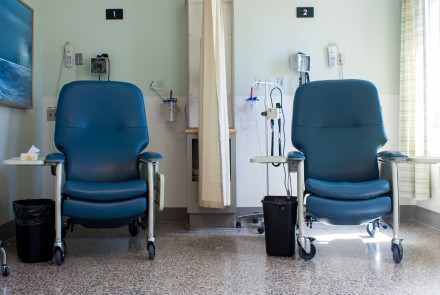Bowel cancer cases halve after screening

The incidence of bowel cancer is dramatically lower after screening, a new report has found.
Research involving 200,000 people found that people who had had bowel cancer screening had a 44 per cent lower risk of developing the disease in the four years following screening.
“This is great news for the community – those who take part in screening and don’t have colorectal cancer have a substantially lower risk of developing the disease over the subsequent years,” said co-author, Professor Emily Banks from the National Centre for Epidemiology and Population Health.
“We have the potential to save hundreds of lives every year.”
Bowel cancer kills 80 Australians every week and we have one of the highest rates of the disease in the world.
The Commonwealth Government has announced plans to accelerate the public screening program, to offer free screening every two years to Australians between the ages of 50 and 74 by 2020.
“Bowel cancer is Australia’s second most common cause of cancer death, yet it is one of the easiest cancers to treat if detected early,” said Associate Professor Frederick Sitas, from the Cancer Council NSW, who collaborated on the research, along with the University of South Australia.
“It’s vital to understand the symptoms of the disease, get checked regularly and know your family’s medical history.”
When they become eligible for screening, people are sent an invitation letter, followed by a screening pack. They collect their own sample and send it to a pathology lab.
Part of the success of the screening process is that, as well as detecting disease early, it picks up pre-cancerous conditions such as polyps, which can be cleared up before they become serious, Professor Banks said.
“If you get invited for screening, do it,” she said.
 Follow
Follow